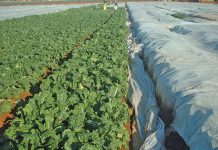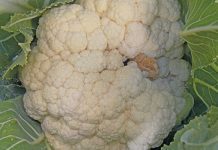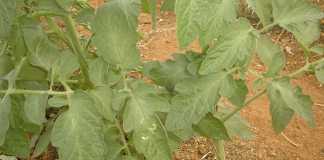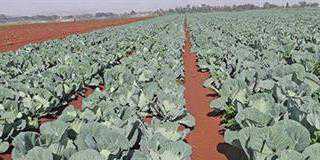I suspect all their jargon leaves many of us ‘plebs’ more confused than before. No wonder politicians like to quote them. But what if we were to transfer some of their jargon to comments about the fresh produce business – market prices, weather patterns and so on? What if we raised the bar on the jargon used in our industry? Can we reach the exalted heights of economists who are quoted ad nauseam?
Imagine a spokes- person for the fresh produce markets regaling us with the latest prices, along with a summary of the overall market situation and a few general comments on the current state of affairs, all while speaking ‘economics’.
Bearish
Perhaps it would sound something like this: “Sentiment was bearish today as reflected in tomatoes trading between R35 and R45 a unit on most markets. Negative perceptions among buyers surrounding lower quality issues caused prices to slide even further by the end of the day’s trading. This manifested in slower sales on certain grades leading to increased buyer resistance against greener fruit.
“Demand for top-quality products remained firm but came under pressure from predicted warm weather patterns in the production areas. Potato prices, which have shown resilience under inflationary conditions, are predicted to peak in the next few weeks as heavy rains in key production areas cause a decline in marketable product.
“Overall, fruit and vegetable yields at market level have soared, causing prices to slump against a weakening rand and a fresh two-year low for averages. Fresh produce economists predict a further falling of values weakened by a tepid domestic economy, fuelled by labour unrest and a drifting monetary policy.”
Come again?
That’s my modest offering, but it still can’t match the following verbiage from a leading business newspaper: “…South Africa would face rising risks in a post-quantitative easing world”. Work that one out and you can be our first fresh produce economist!
Contact Mike Cordes at [email protected]. Please state ‘Market floor’ in the subject line of your email.













